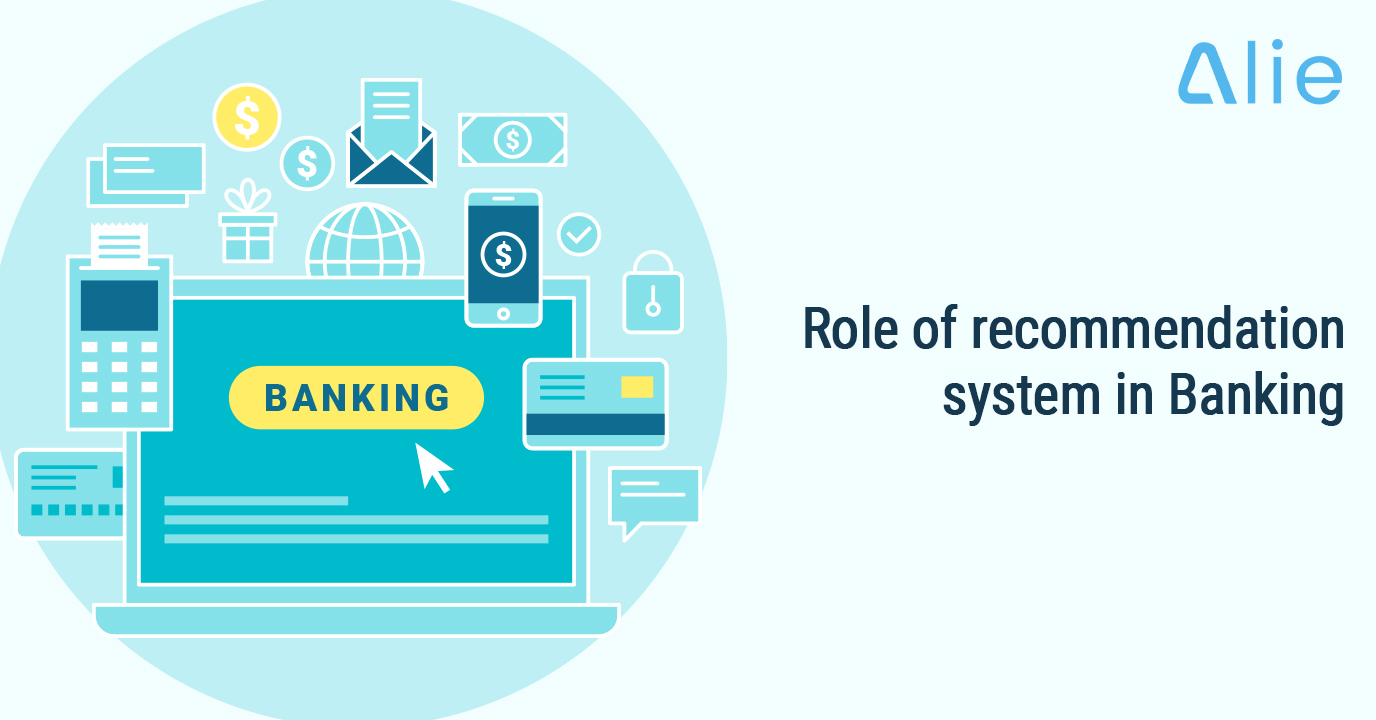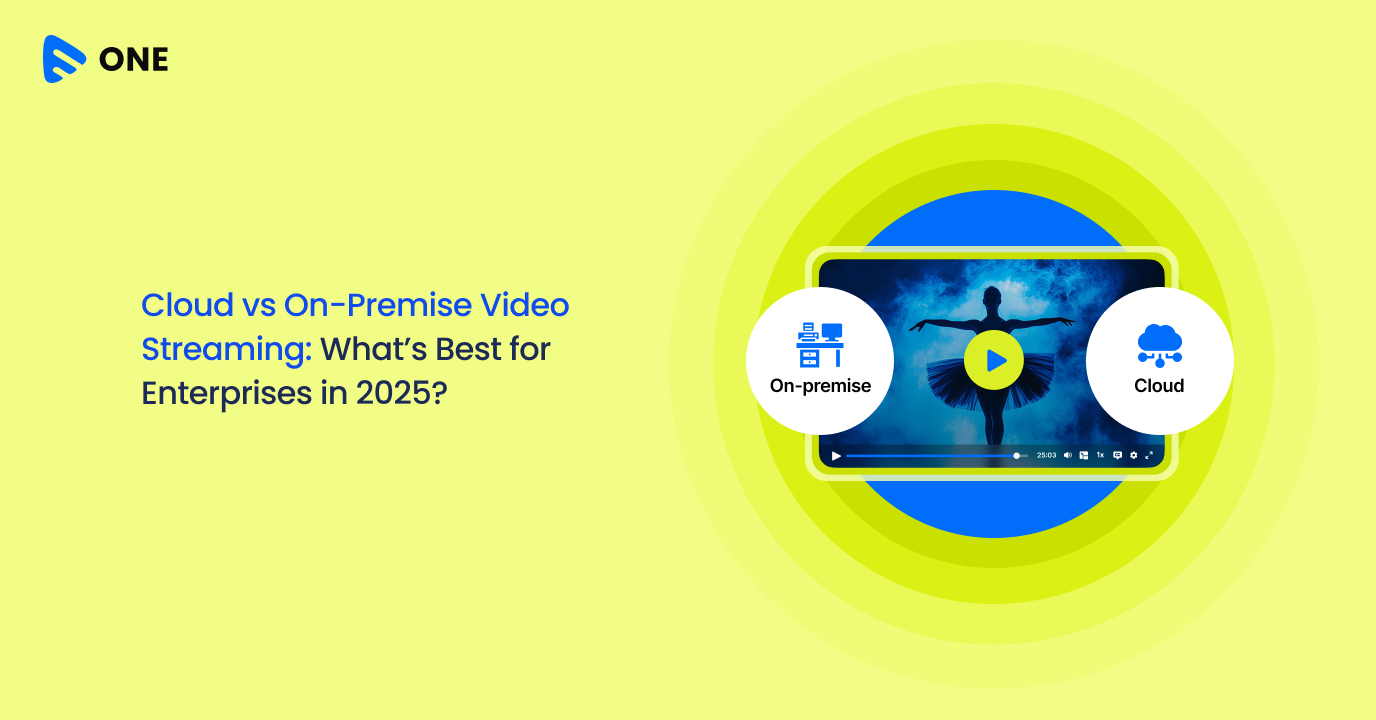The banking sector has always been one of the most crucial and integral parts of our lives. Managing finance is probably the biggest challenge for many, so we often needed advice. The digitization has been a boon for the banking sector as it has automated a lot of mundane manual tasks. Bank accounts, insurance, mutual fund, forex, loans, cards, and more – The banking sector has numerous services to offer. Digitization has immensely helped the banking industry automate daily mundane tasks, thereby shifting their focus to customers. So, a recommendation engine’s role on all bank websites and apps to engage users is rather instrumental.
Suggested Read : What is an AI-based Recommendation Engine.
Recommendation System in Banking
Have you ever gone to the bank and invested the money in a fixed deposit, but when you came back home, you got to know about a better deal? The recommendation system’s role is to suggest this better opportunity before it is too late. Additionally, there are a million other things that a recommendation system can do, which are both beneficial to customers and the bank. To name a few –
Loan Comparisons
You go to any banking website and fill in your details; you will get a list of loan plans you can opt for. In many cases, you’ll also come across same day payout loans that are designed for quick disbursement, especially when funds are needed urgently. Moreover, each loan’s pros and cons will also be listed there for you to choose the best loan plan.
Retirement Plans
Much like the above option, all you have to do is fill in your information, and you will get the best-suited pension plan for yourself or for your loved ones.
Investment Suggestions
Investing in any stock has always been a tricky one, and more importantly, it is hard to trust someone with your money. The banking system used this as leverage over their customers. With the help of recommendation engines, banks suggest several stocks to their customers instead of one.
Multiple Offers
It is a known fact that banks give their customers a lot of offers, but only a few know about it. However, you will get to see a number of different offers when you go to their website. These offers are again explicitly personalized for you by the information you gave to the recommendation engine.
How does the Recommendation Engine act?
You must be wondering, how is it possible that a recommendation engine knows all the information? You voluntarily give some information such as your name, address, what kind of loan you are looking for, and your budget. Based on this, it is easy for recommendation engines to suggest loans based on dscr loan interest rates.
But, it gets deeper as you go into the details. The recommendation engine has access to your location, knows what you are searching for, and learns from experience. Let us understand this through an example –
John is a 50 years old man who has one son who is still studying. He has no plans as of now to take any pension plans. But, his bank keeps reminding him through mobile notifications and ads to take pension plans. How?
- Bank already has his detailed personal information such as his name, the city he lives in, his son’s name, and most importantly, his age.
- As we have mentioned above, the recommendation system creates a different profile for each customer’s storage. In John’s case, the recommendation system saw that he is nearly 50 years old and has a son for whom he is looking out for colleges. All this adds up to – he needs security.
- After figuring out what John needs, they offer him different options available. Some of which will cover medical insurance, while some may cover life insurance, or some have both.
- The recommendation engine’s idea here is to pop up the pension plan in John’s eyes enough time that he is compelled to buy it.
It is safe to say that recommendation engines are now becoming the backbone of the entire digital fraternity. If you plan on starting your ventures online, you must think of using a recommendation engine on your website.
Get to know more about recommendation engines by trying a 14-day free trial of Alie. You can also get to know its different use cases here.















Add your comment